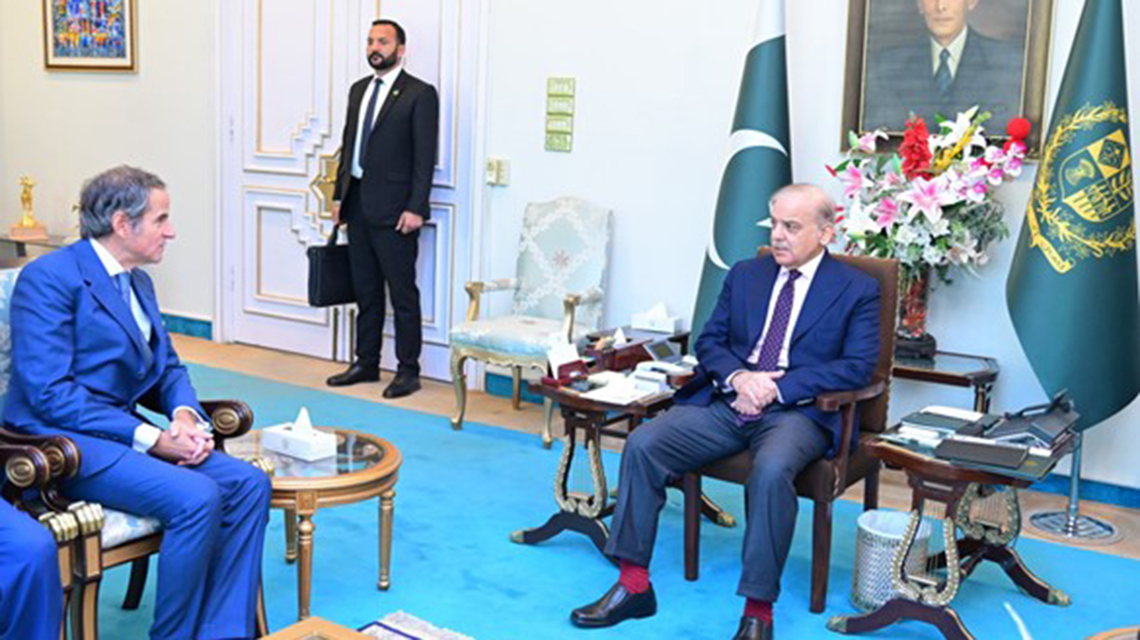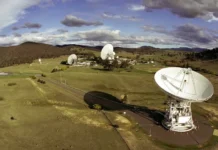The International Atomic Energy Agency (IAEA) is playing a pivotal role in helping Pakistan tackle the challenges posed by climate change. Through its initiatives, the IAEA collaborates closely with Pakistani scientists to enhance the resilience of agriculture and ensure food security in the country. This partnership involves the Nuclear Institute for Agriculture and Biology in Pakistan, which is also a collaborating center with the Food and Agriculture Organization. Together, they have made significant strides in developing climate-resilient and more nutritious crops, addressing soil salinization, and creating sustainable cotton varieties.
### Strengthening Food Security with Climate-Resilient Crops
In Pakistan, agriculture is a critical sector that supports the livelihoods of millions. However, the increasing impacts of climate change pose a significant threat to food security. To combat this, Pakistani scientists, with the support of the IAEA, have focused on developing crop varieties that can withstand the challenges posed by changing weather patterns. By employing nuclear techniques, they have successfully enhanced the cultivation of important food crops like mung beans and chickpeas.
These improved varieties not only promise higher yields but also offer better nutritional profiles, making them a valuable resource in the fight against malnutrition. The development of such crops is crucial for ensuring that the population has access to nutritious food, even in the face of adverse climatic conditions.
### Addressing Soil Salinization
Another major challenge for Pakistani agriculture is soil salinization, a process where water-soluble salts accumulate in the soil, reducing its fertility and hindering crop growth. This problem is exacerbated by inappropriate irrigation practices and the overuse of chemical fertilizers. The IAEA, through its collaboration with local scientists, has introduced innovative solutions to combat this issue.
By sharing knowledge and techniques, Pakistan has been able to implement more sustainable soil management practices, which have been showcased through South-South cooperation initiatives. These techniques help in reclaiming degraded lands and improving their productivity, ensuring that agricultural lands remain fertile and productive for future generations.
### Innovations in Cotton Cultivation
Cotton is a vital crop for Pakistan’s economy, and its cultivation chain extends from farming to the textile industry. However, traditional cotton varieties are often susceptible to pests and environmental stresses. To address these issues, the IAEA has supported the development of more sustainable cotton varieties that are not only more resilient but also environmentally friendly.
These new cotton strains require fewer chemical inputs, thus reducing the environmental footprint of cotton farming. This development is part of a broader effort to decarbonize the cotton-to-clothing value chain, making it more sustainable and economically viable in the long run.
### The Role of Nuclear Science in Sustainable Development
During a keynote address at the National University of Science and Technology, Mr. Grossi, the Director General of the IAEA, highlighted the indispensable role of nuclear science and technology in achieving sustainable development goals. He emphasized the IAEA’s commitment to delivering tangible impacts in areas such as healthcare, soil management, crop improvement, and nutrition.
Mr. Grossi’s remarks underline the importance of international cooperation and the sharing of scientific knowledge to address global challenges like climate change. The IAEA’s work in Pakistan serves as a model for how nuclear technology can be harnessed to drive sustainable development and improve the quality of life for people in developing nations.
### Broader Implications and Future Prospects
The collaboration between the IAEA and Pakistan not only benefits the local population but also serves as an example for other countries facing similar challenges. By leveraging nuclear technology, nations can develop innovative solutions to enhance food security, promote sustainable agriculture, and mitigate the effects of climate change.
Furthermore, the success of these initiatives highlights the importance of investing in scientific research and development. Governments and international organizations need to prioritize funding and support for projects that aim to address the pressing issues of climate change and food security.
In conclusion, the IAEA’s efforts in Pakistan demonstrate the transformative power of nuclear science and technology in fostering sustainable development. Through continued collaboration and knowledge exchange, it is possible to create resilient agricultural systems that can withstand the challenges of a changing climate, ensuring a brighter and more secure future for all.
For more Information, Refer to this article.


































